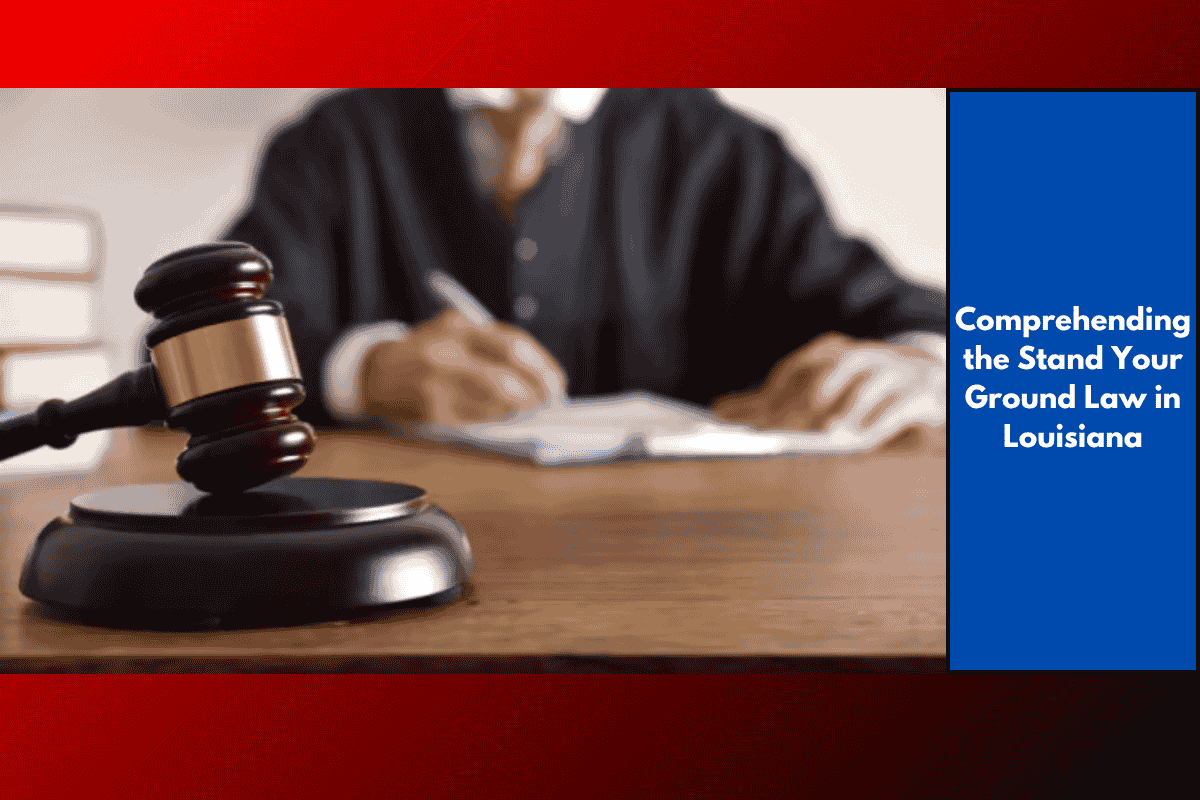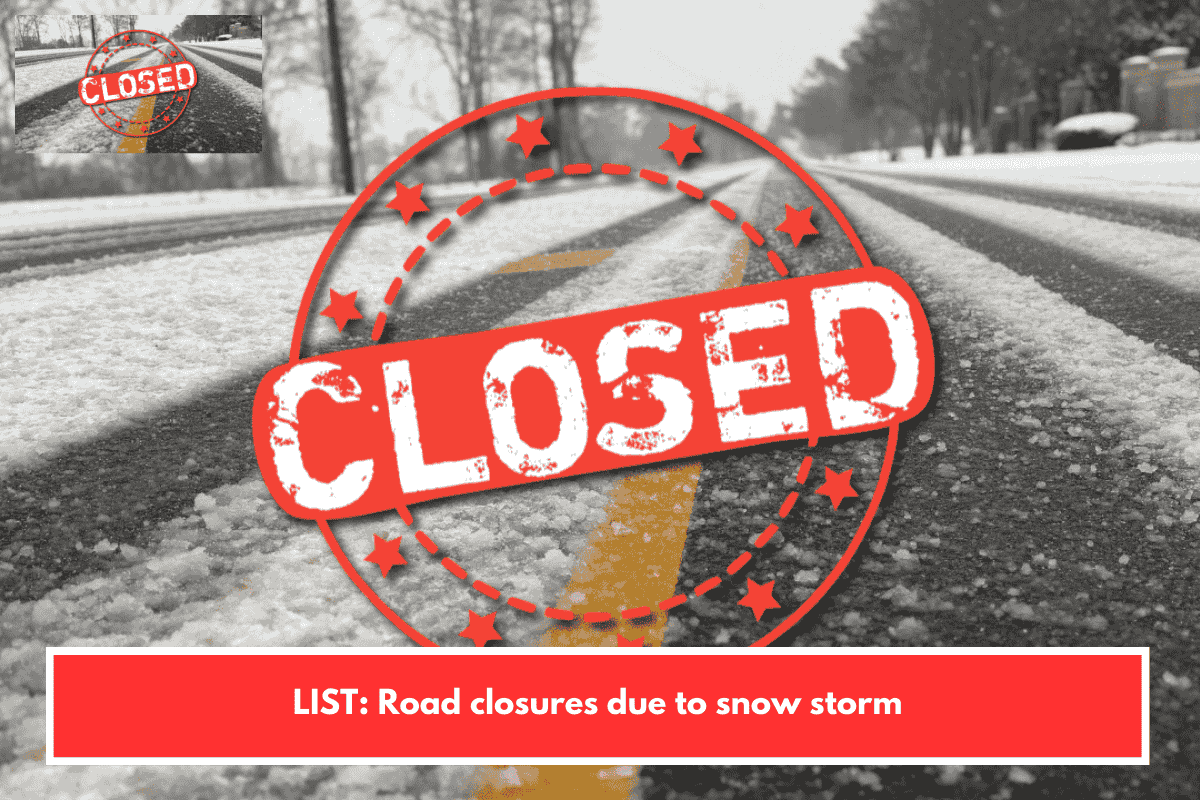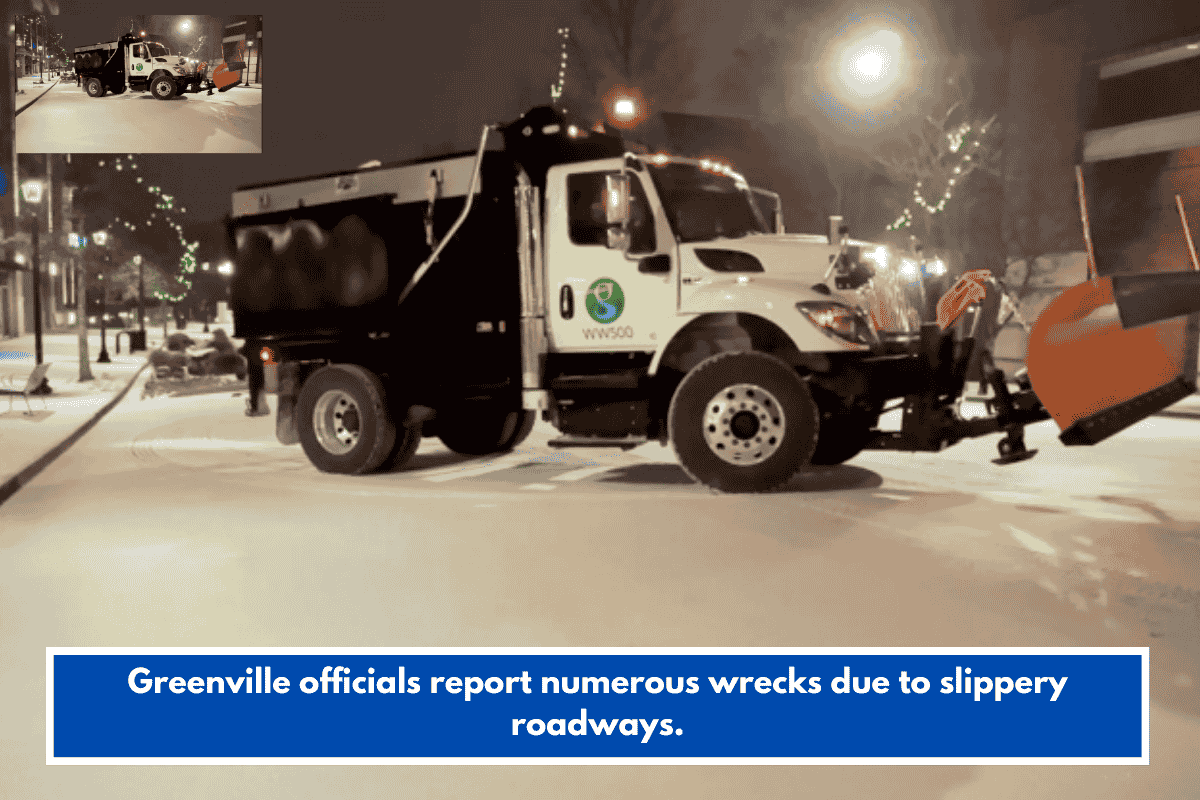Louisiana’s Stand Your Ground Law is an important part of the state’s legal framework regarding self-defense. This law allows individuals to protect themselves from harm without the duty to retreat in certain situations. Understanding how this law works and its implications can be crucial, especially when it comes to issues of personal safety and legal rights. Here’s what you need to know about Louisiana’s Stand Your Ground Law.
What is the Stand Your Ground Law?
The Stand Your Ground Law in Louisiana is a self-defense statute that permits individuals to use deadly force if they believe it is necessary to prevent serious harm or death. Under this law, there is no obligation to retreat from a dangerous situation if you are lawfully present in a location, such as your home, workplace, or a public space.
The law essentially allows individuals to defend themselves without having to first attempt to escape from the situation. This contrasts with older laws, which often required people to try to retreat or leave an area before using force to protect themselves.
Key Points of Louisiana’s Stand Your Ground Law
No Duty to Retreat: The law removes the requirement to retreat in situations where you are facing a threat. Whether you are in your home, on your property, or in a public place, you are allowed to stand your ground and defend yourself if you believe there is an imminent threat.
Reasonable Fear of Harm: In order to use deadly force, you must have a reasonable fear of imminent harm. The threat of harm must be real, and it’s not enough to simply feel uneasy about a situation.
Authorized Locations: While you don’t have to retreat in your home or workplace, the law does not give you a blanket right to use deadly force anywhere. You must still be in a location where you have the right to be (e.g., public places, your home, or your car).
Use of Deadly Force: The law allows for deadly force only in cases where you fear for your life or are facing serious bodily injury. The use of force must be proportionate to the threat you face.
Protection for Law-Abiding Citizens: The Stand Your Ground Law is specifically designed to protect law-abiding citizens who use force in situations where they reasonably believe their safety is at risk.
Common Misconceptions about the Stand Your Ground Law
While Louisiana’s Stand Your Ground Law allows for self-defense, there are several misconceptions people often have about it:
Misconception 1: You can shoot anyone who threatens you.
Reality: The law applies only when there is an imminent threat of serious harm or death. If someone threatens you with non-lethal force or if the situation doesn’t involve serious harm, deadly force isn’t justified.
Misconception 2: You can use force to protect property.
Reality: The law doesn’t allow deadly force just to protect property. Force is only justified to defend yourself or others from imminent harm.
Misconception 3: You are automatically immune from prosecution if you use deadly force.
Reality: The law offers immunity from prosecution in some cases, but the use of force will still be investigated. If the use of force was not justified, the individual could face criminal charges, even under Stand Your Ground.
Stand Your Ground and Castle Doctrine in Louisiana
Louisiana’s Stand Your Ground Law is often associated with the Castle Doctrine, which is a subset of self-defense laws focused on defending your home. The Castle Doctrine says that individuals do not have to retreat when facing a threat inside their home. In Louisiana, this concept is integrated into the Stand Your Ground Law, which applies to both your home and other areas where you have the legal right to be.
This means that if someone unlawfully enters your home or attempts to harm you inside your home, you are not required to retreat and can use deadly force to protect yourself and your loved ones.
Legal Consequences of Using Deadly Force
Even with the Stand Your Ground Law in place, there are still legal consequences to consider. If you use deadly force, an investigation will typically follow to determine if the force was justified. The prosecutor will assess factors such as:
The severity of the threat.
Whether the use of force was proportional to the danger.
Whether there were any other options to avoid harm.
If the use of deadly force is deemed unjustified, the individual may face criminal charges, including homicide or assault. Additionally, even if criminal charges aren’t brought, you may still be sued for damages in a civil court by the injured party or their family.
Louisiana’s Stand Your Ground Law gives individuals the right to defend themselves without the obligation to retreat, under certain conditions. While the law provides important protections for law-abiding citizens, it is important to understand its limits and the specific circumstances under which it applies. Always use force proportionately and only when facing a clear, imminent threat to your safety.
SOURCES
[1] https://en.wikipedia.org/wiki/Stand-your-ground_law
[2] https://giffords.org/lawcenter/state-laws/stand-your-ground-in-louisiana/
[3] https://www.legis.la.gov/legis/Law.aspx?d=78338
[4] https://www.ncsl.org/civil-and-criminal-justice/self-defense-and-stand-your-ground
[5] https://www.whiddonlawoffice.com/blog/what-is-the-stand-your-ground-law-in-louisiana/














